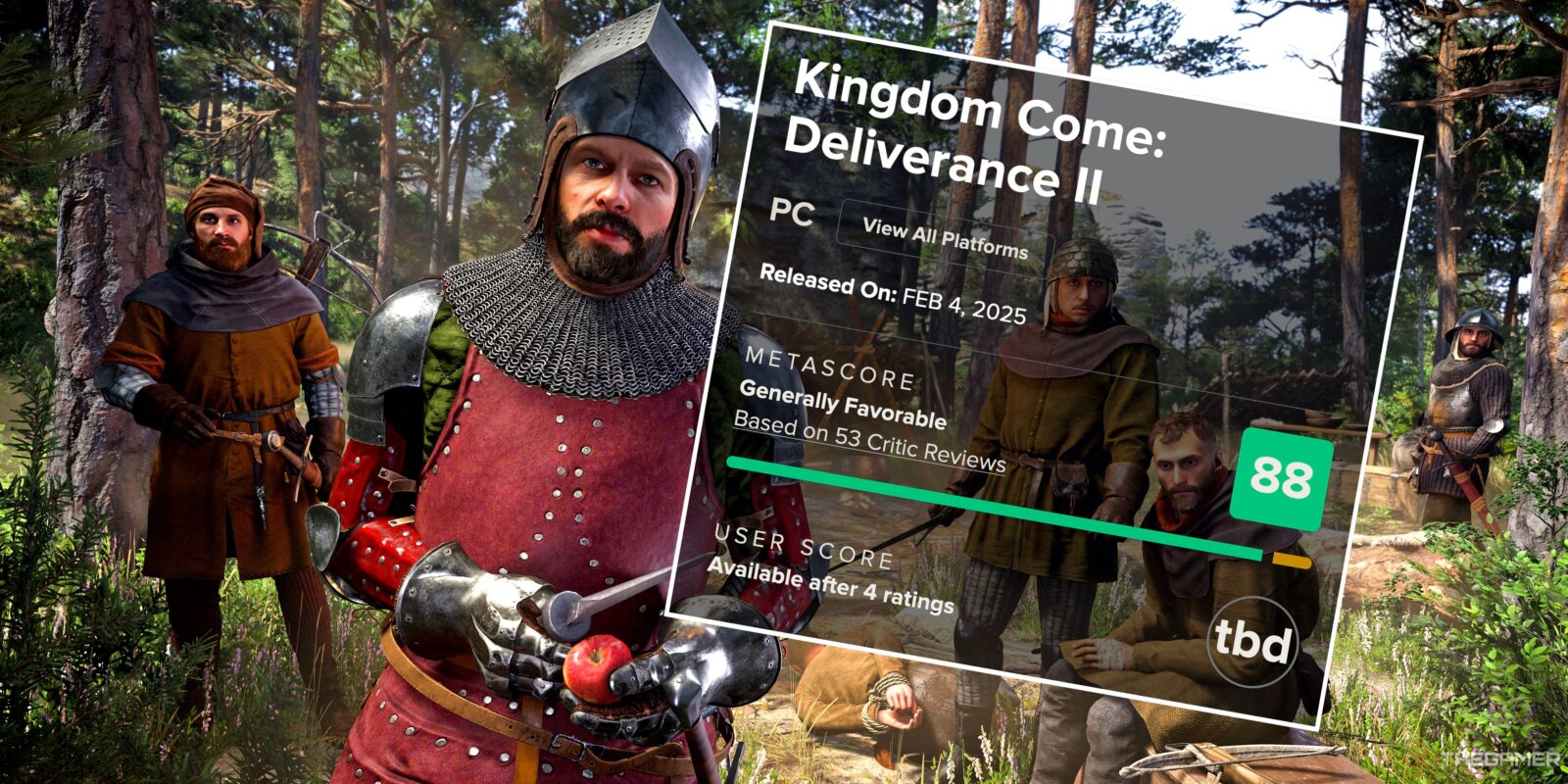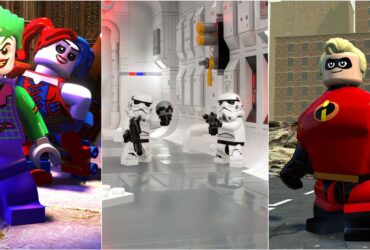This week, Kingdom Come: Deliverance 2 director Daniel Vávra tweeted a screenshot of a Metacritic summary of a low review of the new open-world RPG. “A trusted news source. Mission accomplished,” he wrote. “We no longer have 90% Metacritic score. Be proud of your excellent journalistic standards!” But looking at the included text Vávra was reacting to, I don’t see someone with an axe to grind. I see a reviewer doing their job.
“Kingdom Come: Deliverance Il is a game that unabashedly demands you meet it on its level, which I do find somewhat admirable,” reads the 5/10 review. “I just constantly found it to be a miserable slog to engage with, where everything was ten times more overblown than it had any business being. There’s a fascinating sandbox deep down within it, but digging through the mountain of muck to appreciate it was simply more than I could stand most of the time.”
What Is A Game Reviewer’s Job?
As someone who has played neither KCD game, this sounds just like all the criticisms I heard levied at the first game. This doesn’t seem like a remotely surprising take for someone to have, especially when every preview for this game featured some variation of ‘if you didn’t like the first game’s sometimes tedious approach to realism, that hasn’t changed this time around’. Warhorse Studios makes demanding, systems-heavy games, and that’s an approach that is never going to appeal to every player. Why act shocked when a reviewer belongs to that section of the audience?
The higher scores this time are, in part, because many reviewers self-selected having enjoyed the first game rather than going in blind.
Not only is the reviewer’s take perfectly valid, it’s their job to express it, articulately and honestly, even if it’s unpopular. The role of a critic is not to say what the creator wants to hear. That’s what stans are for. And a reviewer’s job certainly isn’t to ensure that a game’s Metacritic score remains in the 90s. As for the “journalistic standards”, they were high enough for the outlet in question to be sent a code, and would certainly not have been questioned were its score in the 80-plus region.
Would you, as someone who buys games, want to live in a world where critics only say what will make the developer happy? When you listen to a podcast or read a review or watch a YouTube video about a game, you’re likely trying to figure out if that game is worth your time, attention, and money. When you’re making that decision, don’t you want to know if the game is actually good? I do.
In Game Reviews, Honesty Is The Best Policy
It’s a reviewers job to honestly and (ideally) artfully write about their experience with a game in such a way that a good faith reader will come away from the review with a solid idea of whether or not they would like the game. Everyone has different tastes, whether you’re a creator, a reviewer, or a reader. But the critic has the opportunity to build a bridge between the art and a potential audience member, to say, ‘I put in the time to experience this work, and this is what I thought about it, warts and all’.
The audience member and the creator are free to disregard critics they disagree with, but dissenting opinions come with the territory of making and engaging with art. I read, watch, and listen to a variety of criticism on games, movies, books, and music. I don’t expect that every reviewer I listen to will say exactly what I think or agree with. I can only hope that they truthfully say what they think.
Some of the concern about Metacritic scores is financial. In some cases, developer bonuses can be tied to the critical performance of their game. If you need to get an 85 Metacritic score to secure your Christmas bonus and a negative review tips your percentage down to 84, it’s understandable to be frustrated. But that isn’t the critic’s fault, anymore than a studio shutting down because a game doesn’t sell well is the audience’s fault. That’s also not what happened here, with KCD2 still nearly 20 points up on the first game’s score. The onus is on the developer to make great work and on the publisher to market it. It is not on the audience or the critic to try to feel differently than they actually do.














Leave a Reply